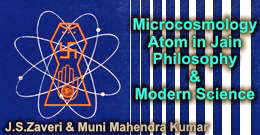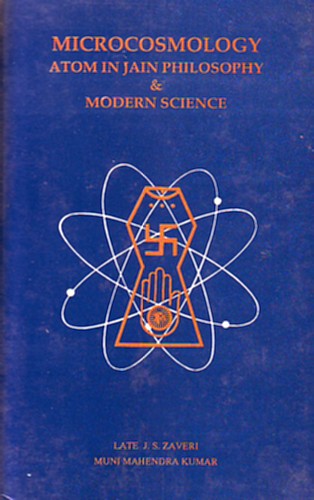
David Bohm, Professor of Physics at Birkback College, University of London, proposes that quantum physics is based upon a perception of a new order. According to Bohm, instead of starting with parts and showing how they work together (the Cartesian division), we must start with the whole.
Bohm's theory is, thus, compatible with Dr. Bell's theorem as stated above (See, p. 2). Bohm asserts that the most fundamental level is an unbroken wholeness. All things, including space, time, and matter are forms of 'that-which-is'. There is an order, which is enfolded into the very process of the universe. But that enfolded order may not be readily apparent. Bohm points out, "Description is totally incompatible with what we want to say." Actually both being and non-being are 'that-which-is'. There is nothing, which is not 'that-which-is'. This way of looking at Reality requires a new instrument of thought, and raises the question of 'consciousness' of the observer. Such requirement upon which Bohm's physics is to be based may not be as much of an obstacle as it first appears, because there already exists a number of sophisticated psychologies, distilled from 2500 years of practice and introspection, whose sole purpose is to develop this 'thought-instrument'.
These psychologies are what is commonly called 'Eastern Mysticism' of 'Eastern Religions'. All of them in general and Jainism (We shall elaborate this comparison in chapter III) in particular are compatible in a very fundamental way with Bohm's physics and philosophy as they are based upon the experience of a pure reality which is 'that-which-is.'
The question is: "If pure awareness is considered distinct from the content of awareness, in what ways specifically does the latter affect the realization of the former?" It is rather difficult to answer this question, because the mind deals in forms of limitation. Nonetheless, there is a relationship between the content of awareness and ability of the human mind to transcend itself.
To summarize, the development of Physics in the 20th century has already transformed the consciousness of those involved with it. The study of the complementarities, the uncertainty principle, quantum field theory, and the Copenhagen Interpretation of Quantum Mechanics produces insights into the nature of reality very similar to those produced by the study of Eastern philosophies.
| [1] Gary Zukav, Dancing Wu-Li Masters, p. 327. |
 Jethalal S. Zaveri
Jethalal S. Zaveri
 Prof. Muni Mahendra Kumar
Prof. Muni Mahendra Kumar

